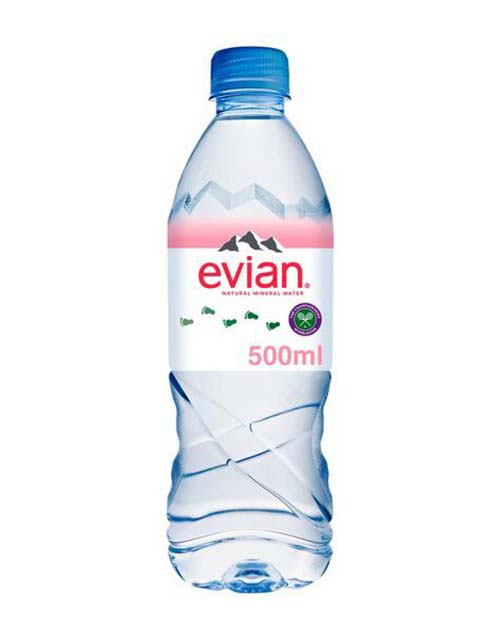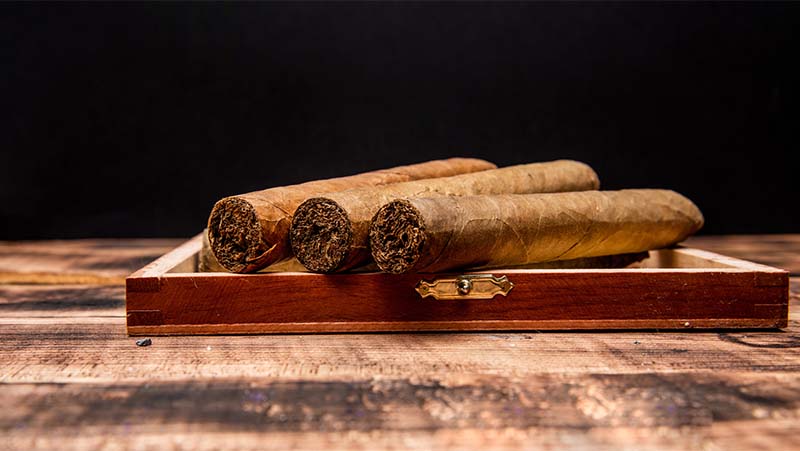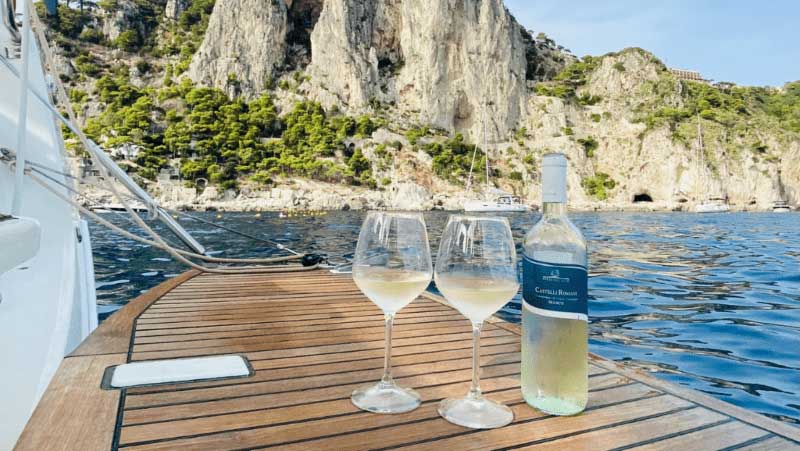Water, the elixir of life, plays a vital role in our well-being. In the expansive market of bottled water, making an informed choice becomes crucial for optimal health. As yacht crews and guests embark on maritime adventures, selecting the right water is essential for maintaining health and well-being. BFG Provisions, having interviewed water experts, is pleased to share insights into choosing bottled water.
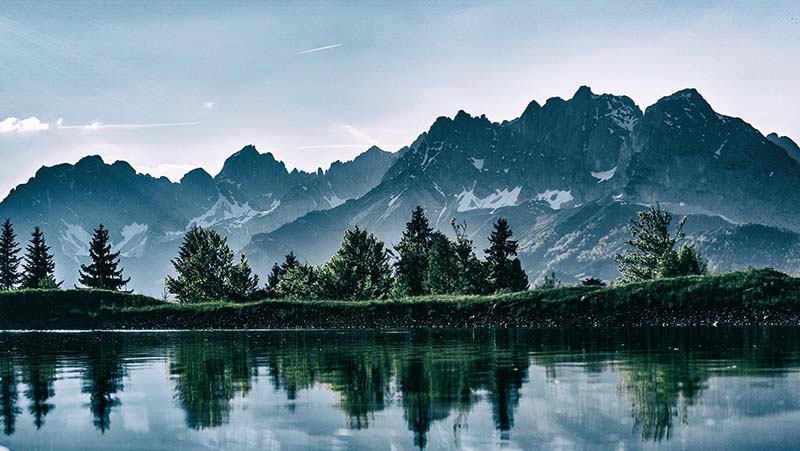
What to consider when you are Choosing Bottled Water?
1. Purchase natural bottled water sources
- Artesian well water. This is water that is bottled from a well that contains either sand or rock that acts as an aquifer.Aquifers are important as they are a natural filter for the ground water.
- Mineral water. This type of water contains no more than 250 parts per million of dissolved solids — it contains both minerals and trace elements.
- Spring water. This must be collected from an underground source that flows naturally to the ground’s surface.
- Sparkling water. This type of water contains carbon dioxide naturally. After treatment, companies may add carbon dioxide back into the carbon dioxide content.
“Spring water is sourced directly from the earth, providing a natural way to replenish vital nutrients your body needs. This includes essential minerals like calcium for healthy bones and teeth, magnesium that aids in energy production, potassium crucial for regulating fluid balance and nerve signals, and sodium essential for nerve and muscle function.” – Minna Hämäläinen, Representive of Kuohu Water.
2. Understanding pH Levels
Alkalinity refers to the pH level of water. The pH scale ranges from 0 to 14, with 7 being neutral. Numbers below 7 indicate acidity, while numbers above 7 signify alkalinity.
Many advocates of alkaline water claim that it can neutralize the acid in your body, improve your metabolism, and absorb nutrients more effectively.
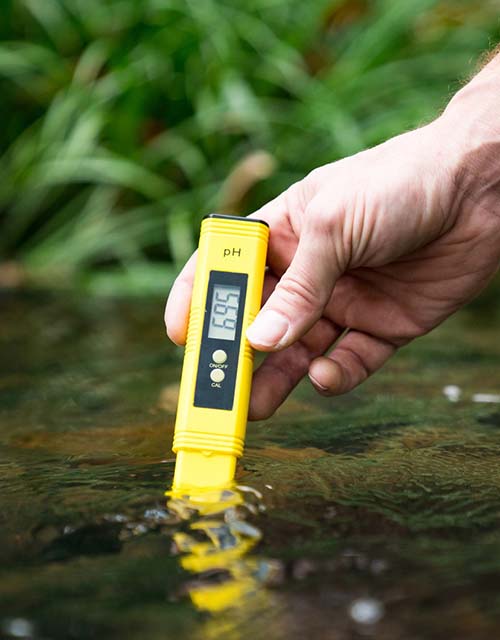
3. Choose a (more) sustainable package
Choose glass, both because it can be recycled and because it doesn’t leach chemicals into the water in the same way that plastic bottles do. Aluminum bottles or cans are also a decent option because they can be recycled, but many are lined with plastic liners to prevent anything in the can (like corrosion or rust) from impacting the flavor of the water.
“The pumping and steel piping to the bottling plant have been designed in a special way. It maintains the purity of the water and makes it free of microplastics.” – Minna Hämäläinen
Based on Our research we highlighted for you some of the best Bottled water to get for your boat:
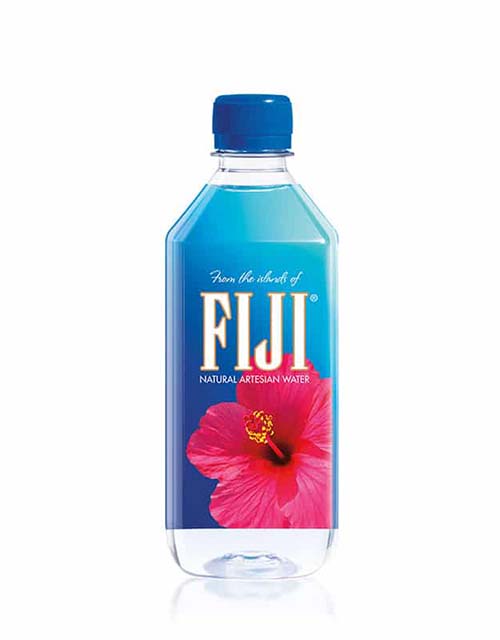
Fiji
The water contains the minerals magnesium, calcium, and silica, and has a slightly alkaline pH of 7.7, which gives it a crisp, mineral taste.
Source: Artesian
Carbonation: Still
Origin: Fiji islands
Packaging: PET
TDS: 222 mg/l
pH: 7.7
Kuohu
The deepest source reaches the artesian water reserve 200 meters underground. Syväkivi gives the softest tasting water you can imagine, gentle yet deep and substantial – like music by Bach.
Source: Artesian
Carbonation: Still, Sparkling, Deep Rock
Origin: Finland
Packaging: Light glass bottles
TDS: 36 – 54
pH: 6.8
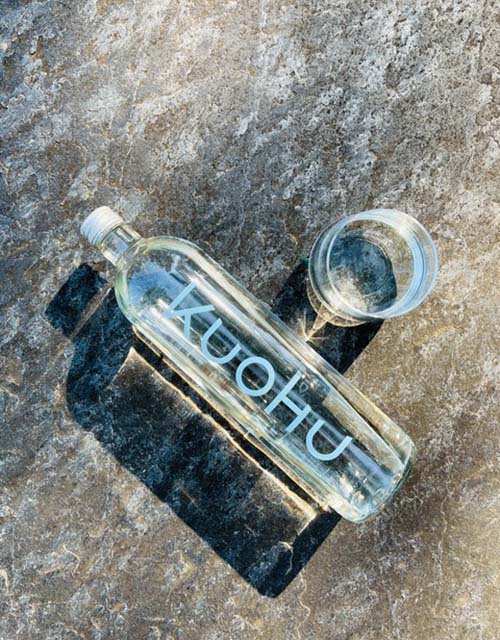
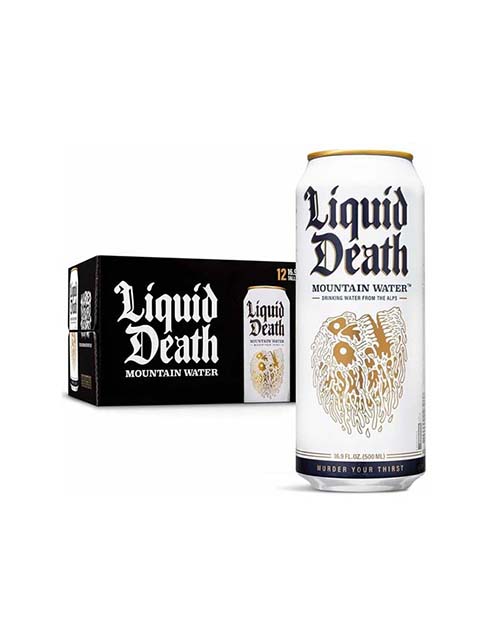
Liquid Death
The water tastes soft, with just a hint of sweetness, and that’s 100% down to the water source itself – there are no artificial sweeteners or flavorings added.
Source: Mountain water
Carbonation: Sparkling and still
Origin: Austrian Alps, Austria
Packaging Type: Aluminum can
TDS: 170 mg/l
pH: 8.2
Evian
Evian today is one of the world’s most recognizable brands of bottled water.
Source: Spring
Carbonation: Still
Origin: France
Packaging: PET
TDS: 357 mg/l
pH: 7.2
